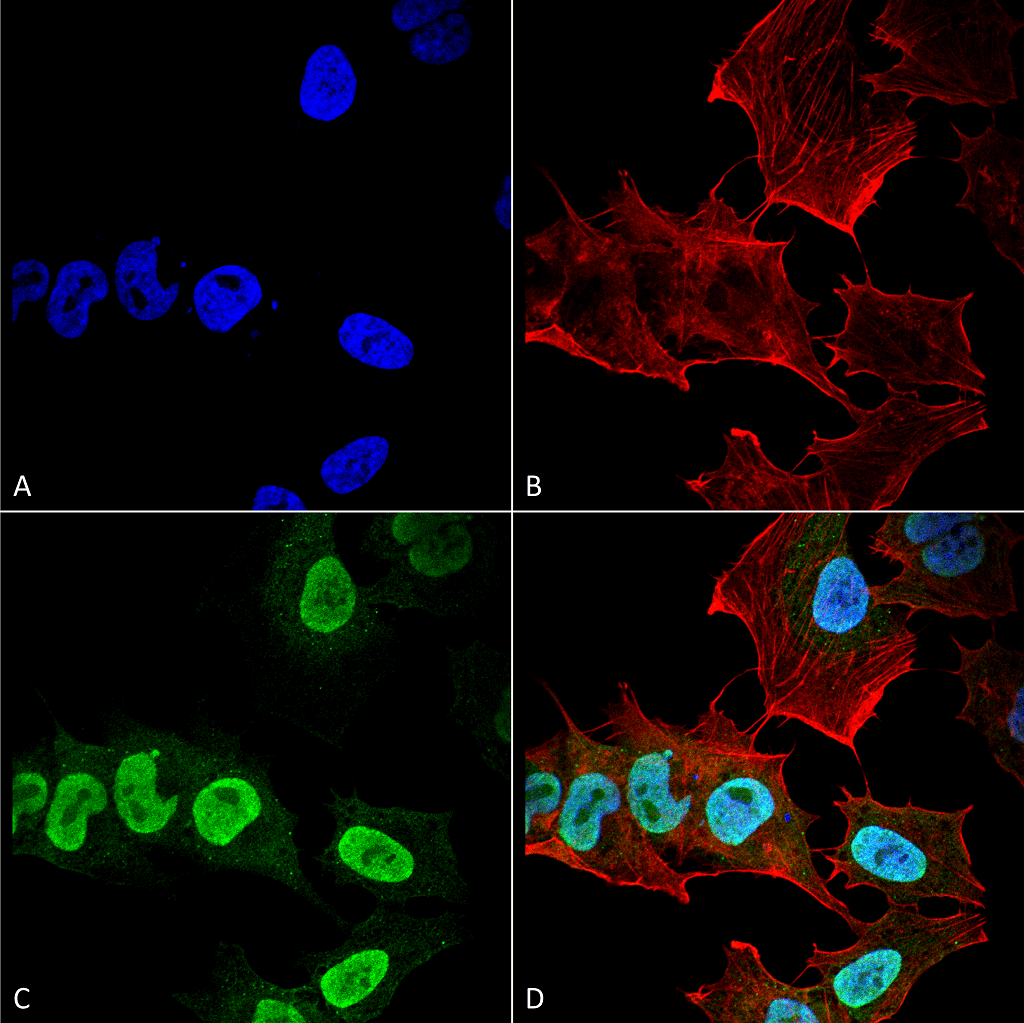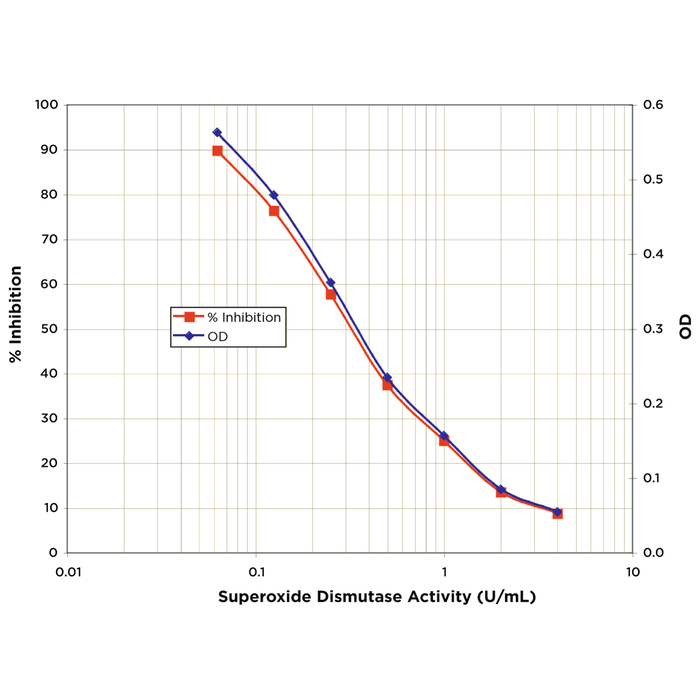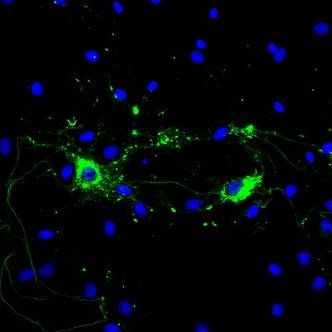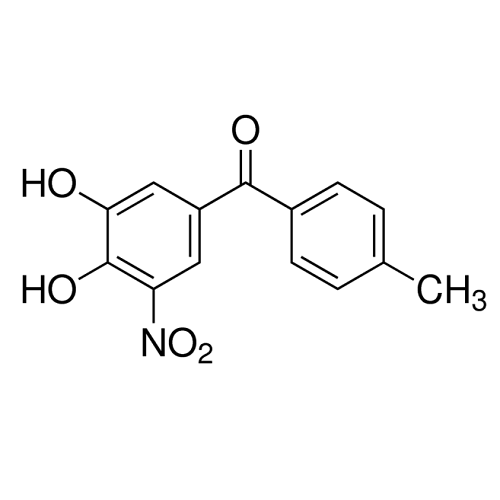Alpha Synuclein: LRRK2 Kinase
The LRRK2 kinase or “dardarin” is a part of the leucine rich repeat family and encoded by the PARK8 gene. Mutations in this kinase have been linked to autosomal dominant PD and Crohn’s disease30. Under normal conditions, LRRK2 phosphorylates RAB GTPases which control numerous cellular systems like vesicular transport and immune responses. At a young age, higher levels of LRRK2 activity could protect against opportunistic pathogens, but later in life could increase the possibility of PD. Pathological mutations of LRRK2, the most common being Glycine to Serine 2019 (G2019S), induce hyperactivation of the kinase and PD development. However, the G2019S mutation only has a penetrance of 24%, and most people who possess this mutation will never develop PD symptoms. On the other hand, the Arg1441Gly mutation can have up to a 95% penetrance later in life causing more deleterious effects31. Highly selective, brain permeable LRRK2 inhibitors have been developed and over 100 compounds have been presented in the last 4 years. Unfortunately, some side effects to peripheral tissues, like the lungs and kidney, have been reported and the exact role of LRRK2 in the pathogenesis of Parkinson’s is poorly understood32.



